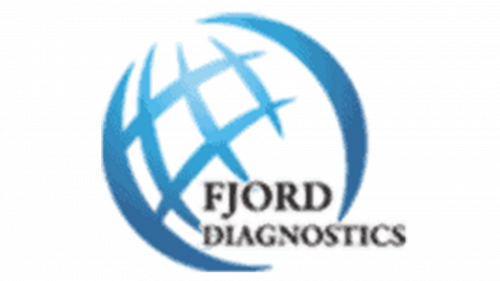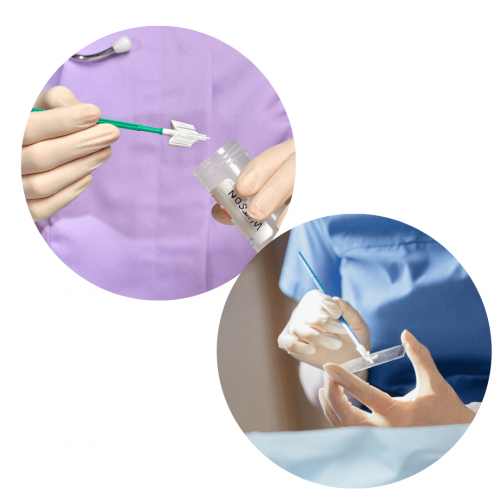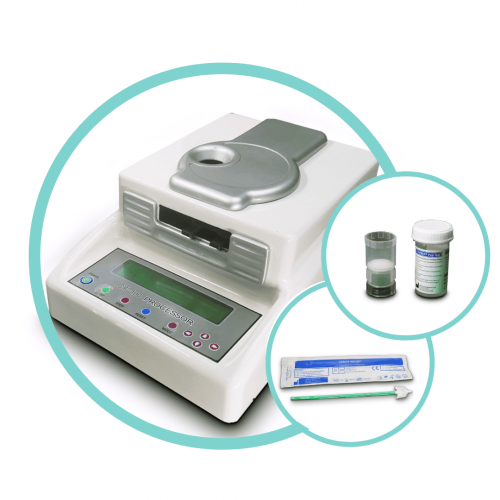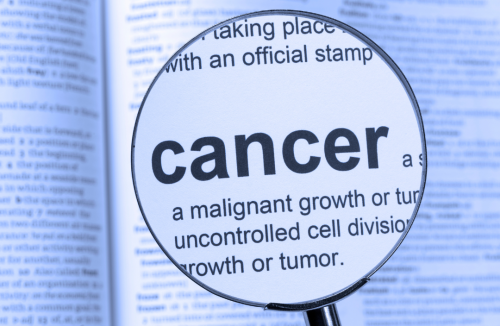Kanker tiroid terjadi pada kelenjar berbentuk kupu-kupu di pangkal leher. Penyebab kanker tiroid kurang dipahami tetapi mungkin melibatkan kombinasi faktor genetik dan lingkungan. Beberapa orang tidak memiliki gejala. Untuk mengetahui lebih lanjut tentang kanker tiroid, lihat artikel berikut...
Apa itu kelenjar tiroid?
Kelenjar tiroid adalah kelenjar endokrin berbentuk kupu-kupu yang biasanya terletak di bagian depan bawah leher. Tugas tiroid adalah membuat hormon tiroid, yang disekresikan ke dalam darah dan kemudian dibawa ke setiap jaringan tubuh. Hormon tiroid membantu tubuh menggunakan energi, tetap hangat, dan menjaga otak, jantung, otot, dan organ lain bekerja sebagaimana mestinya.
Prevalensi Kanker Tiroid
Dalam 3 dekade terakhir, telah terjadi peningkatan dramatis dalam jumlah orang yang didiagnosis menderita kanker tiroid. Menurut Program Pengawasan, Epidemiologi, dan Hasil Akhir National Cancer Institute (NCI), lebih dari 500.000 orang hidup dengan kanker tiroid di Amerika Serikat pada tahun 2011.
Baru-baru ini, jumlah kasus baru kanker tiroid diperkirakan 12,9 per 100.000 pria dan wanita setiap tahunnya, dan jumlah kematian terkait diperkirakan 0,5 per 100.000 pria dan wanita setiap tahunnya. Namun, risiko seumur hidup untuk kanker tiroid sekitar 1,1%, dan tingkat kelangsungan hidup 5 tahun meningkat menjadi 97,8% karena hampir 70% kasus sekarang didiagnosis pada tahap awal ketika kanker terlokalisasi di kelenjar.
Apa saja jenis Kanker Tiroid?
- PAPILER THYROID KANKER. Kanker tiroid papiler adalah jenis yang paling umum, membentuk sekitar 70% sampai 80% dari semua kanker tiroid. Kanker tiroid papiler dapat terjadi pada semua usia. Ini cenderung tumbuh perlahan dan sering menyebar ke kelenjar getah bening di leher. Kanker papiler umumnya memiliki pandangan yang sangat baik, bahkan jika ada penyebaran ke kelenjar getah bening.
- KANKER TIROID FOLIKULER. Kanker tiroid folikuler membentuk sekitar 10% sampai 15% dari semua kanker tiroid di Amerika Serikat. Kanker folikel dapat menyebar melalui darah ke organ yang jauh, terutama paru-paru dan tulang.
Kanker tiroid papiler dan folikular juga dikenal sebagai Kanker Tiroid Diferensiasi (DTC)
Apa saja gejala Kanker Tiroid?
Kanker tiroid sering muncul sebagai benjolan atau nodul di tiroid dan biasanya tidak menimbulkan gejala lain. Tes darah umumnya tidak membantu untuk menemukan kanker tiroid dan tes darah tiroid seperti TSH biasanya normal, bahkan jika ada kanker. Pemeriksaan leher oleh dokter Anda adalah cara umum ditemukannya nodul tiroid dan kanker tiroid. Seringkali, nodul tiroid ditemukan secara "tidak sengaja" pada tes pencitraan seperti CT scan dan USG leher. Anda mungkin pernah menemukan nodul tiroid dengan memperhatikan benjolan di leher Anda saat melihat ke cermin, mengancingkan kerah Anda, atau mengencangkan kalung. Jarang, kanker tiroid dan nodul dapat menyebabkan gejala. Anda mungkin mengeluh sakit di leher, rahang, atau telinga. Jika nodul cukup besar untuk menekan tenggorokan atau kerongkongan Anda, dapat menyebabkan kesulitan bernapas, menelan, atau menyebabkan sensasi "menggelitik di tenggorokan" lebih jarang lagi,
Kanker yang timbul pada nodul tiroid umumnya tidak menimbulkan gejala, dan tes fungsi tiroid biasanya normal bahkan ketika Anda menderita kanker. Cara terbaik untuk menemukan nodul tiroid adalah memastikan dokter memeriksa leher Anda sebagai bagian dari pembaruan berkala.
Diagnosis Kanker Tiroid
Jika dokter Anda mencurigai dari pemeriksaan fisik dan USG bahwa Anda mungkin menderita kanker, Anda perlu melakukan biopsi aspirasi jarum halus. Hasil biopsi bisa sangat mengarah ke kanker tiroid dan akan meminta perawatan bedah. Kanker tiroid hanya dapat didiagnosis dengan pasti setelah nodul diangkat melalui pembedahan.
Biopsi Aspirasi Jarum Halus
Jika pemeriksaan awal menunjukkan nodul nonfungsional dengan gambaran sonografi yang mencurigakan, biopsi FNA harus dilakukan, karena tetap merupakan metode diagnostik yang paling akurat, hemat biaya, dan terbaik untuk mengevaluasi nodul.
Untuk Pemeriksaan Biopsi Aspirasi Jarum halus, PT Isotekindo Intertama memiliki produk unggulan diantaranya:
PT Isotekindo Intertama adalah distributor produk CY-PREP ™ CY-100 Processor,
- Media cair untuk menampung, transportasi dan mengawetkan sampel uji menggunakan CY-PREP ™ Pap Test Preservation Solution
Keuntungan:
-
- Melindungi sampel, tahan selama 3 minggu pada suhu ruang (15-30 °C). Sampel aman dari kekeringan & kerusakan
- Meminimalkan resiko sampel yang penting tertinggal di alat pengambilan sampel
- Menampung semua sampel serviks sehingga semua sel-sel sampel dapat diperiksa
- Menyediakan cukup sampel pemeriksaan sehingga pasien tidak perlu lagi melakukan pengambilan sampel ulang untuk tes lanjutan.
- Memisahkan material target pemeriksaan dari lender dan kotoran menggunakan dual filter.
Keuntungan:
-
- Membuat preparate selapis tipis
- Sel – sel menjadi lebih jelas saat diperiksa karena proses pewarnaan sel menjadi lebih sempurna dan melekat lebih baik
- Kaca slide untuk penempelan sampel menggunakan IHC link glass slide
Keuntungan:
-
- Terdapat area untuk penulisan ID Pasien, sehingga menjamin ketepatan data pasien
- Kualitas baca lebih baik karena IHC link glass slide bermuatan positif sehingga penempelan sel-sel lebih baik
Pengobatan Kanker Tiroid
- Operasi
- Terapi yodium radioaktif
- Inhibitor Tirosin Kinase
Referensi:
- American Thyroid Assosiation. (2023) Thyroid Cancer.
- Insert Kit CY-PREP ™ CY-100 Processor.
- Nguyen QT, Lee EJ, Huang MG, Park YI, Khullar A, Plodkowski RA. (2015) Diagnosis and treatment of patients with thyroid cancer. Am Health Drug Benefits.






